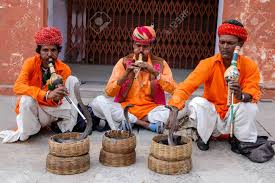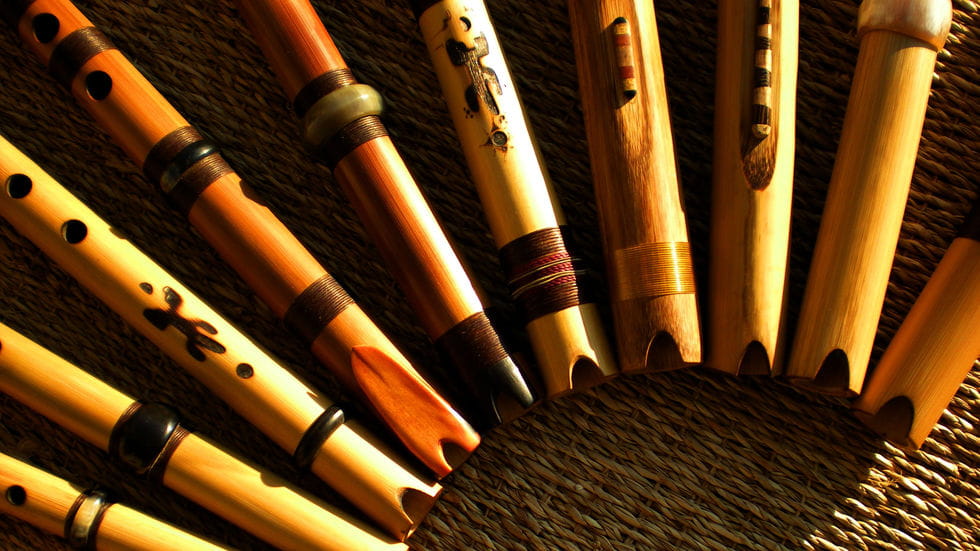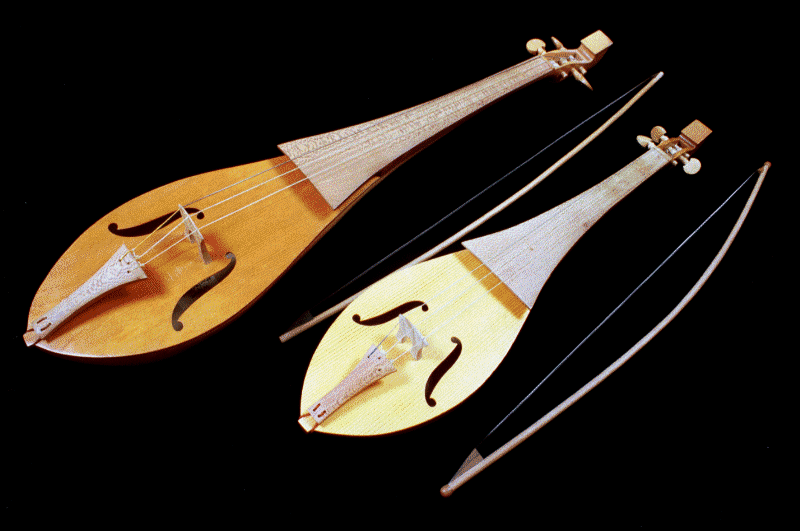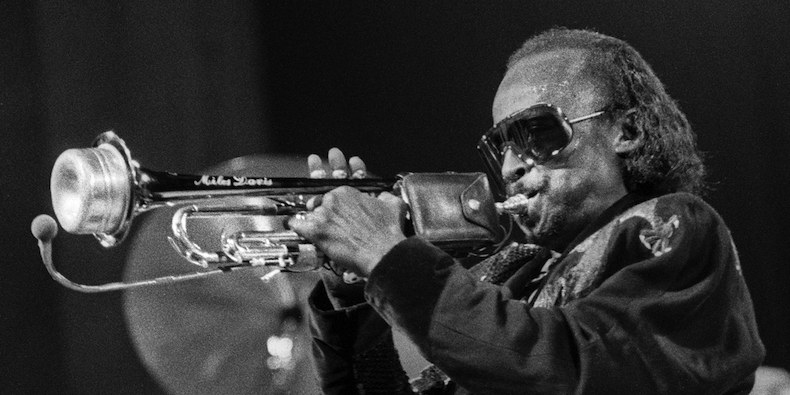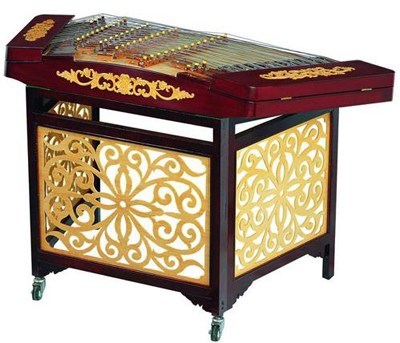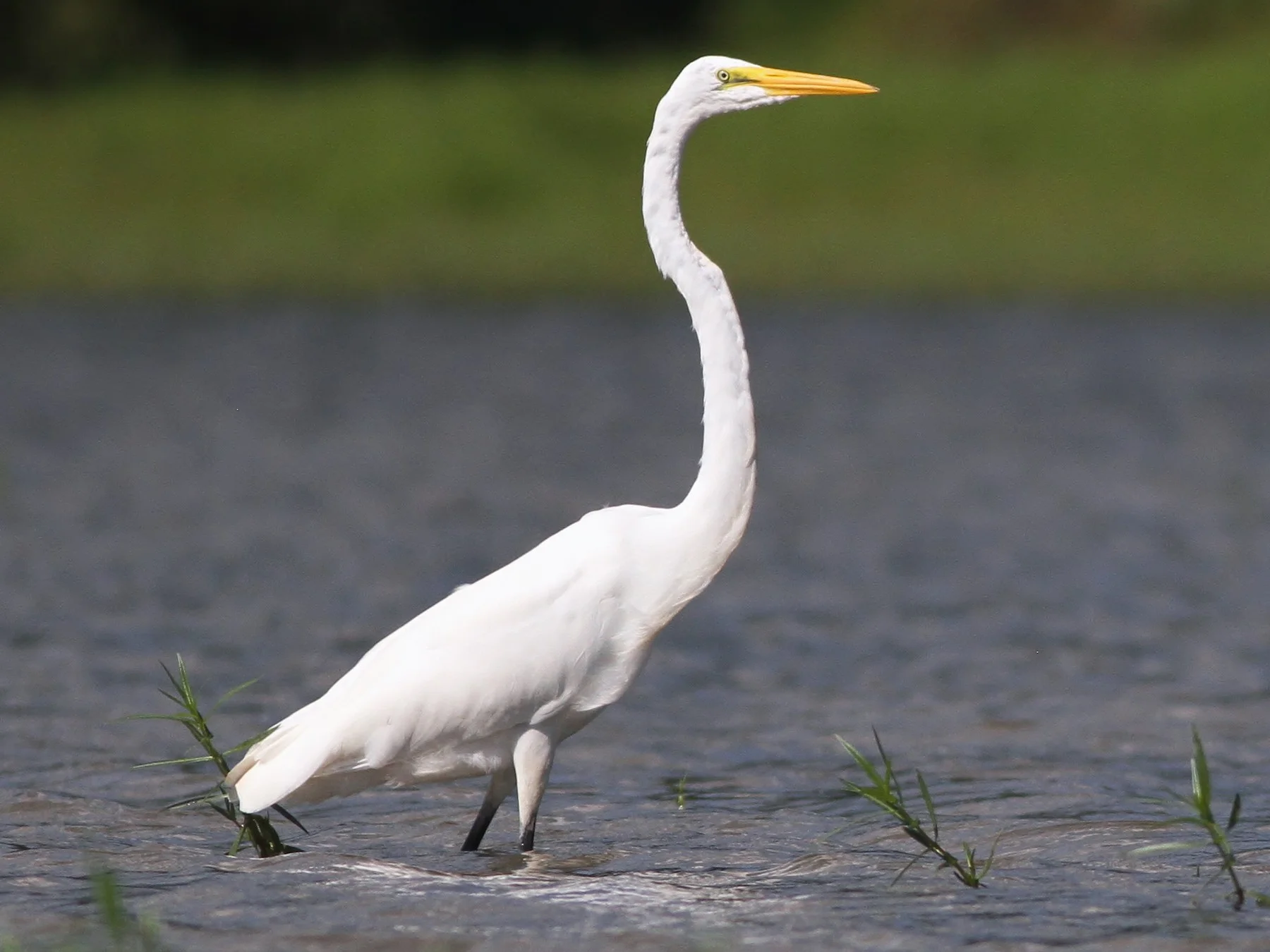Word of the week: It's a traditional Swedish instrument that sounds similar to and is bowed like the violin, but with greater resonance, has 16 strings and as many as 37 wooden keys that fret the strings to make particular note
Read moreWord of the week: nyckelharpa
A 16-string chromatic nyckelharpa



